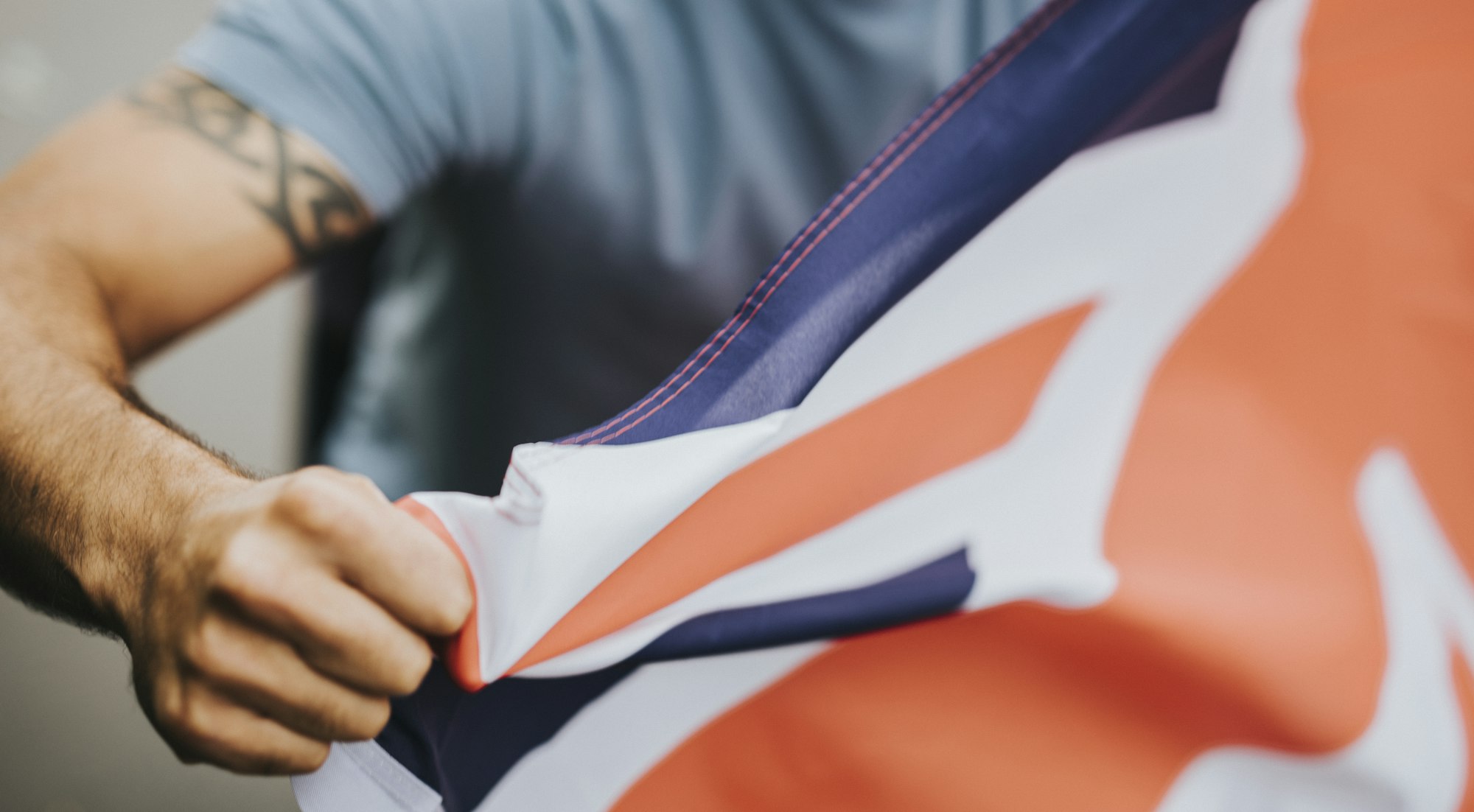The Tug-of-War Between Democracy and Order
Recently, UK Prime Minister Rishi Sunak voiced concerns about protests in the UK getting out of hand, suggesting they could harm democracy. These protests, sparked by the conflict between Israel and Gaza, have seen people take to the streets across the UK. Sunak believes we need stronger police action to keep politicians safe and make sure the democratic process works smoothly.

Why Police Action Matters Now
Sunak’s push for quicker and firmer police action, especially against protests at MPs’ homes, follows a decision to spend £31 million more on keeping MPs safe. This move is a direct response to the increase in tensions from the Israel-Hamas conflict affecting the UK.
What Amnesty International Thinks
While the government wants tighter control over protests, Amnesty International—a group focused on human rights—warns that this could be an overreaction. They argue it might limit people’s rights to protest peacefully and could unfairly paint protests as a threat, suggesting the government might be going too far in limiting protest rights.
How Protests Shape UK Politics
The Challenge of Policing Protests
The government’s call for stronger police responses, particularly to protests seen as threatening to MPs, shows a new approach to managing public demonstrations in the UK. The Home Office’s advice to view protests outside MPs’ homes as threatening marks a move towards putting the safety of politicians above the more relaxed attitude usually shown to public protests.
Different Views on the Government’s Stance
This approach has received mixed feedback. Some think it’s essential for protecting democracy, but others, like the Palestine Solidarity Campaign, stress the importance of the right to peaceful protest. They clarify that they don’t support protests at MPs’ homes.
Let’s dive into how the UK is trying to balance keeping people safe with the right to protest, as this ongoing debate touches on fundamental aspects of democracy and free speech.

FAQs on the UK’s Response to Protests
1. Why has Prime Minister Rishi Sunak called for stronger police action against protests?
Prime Minister Rishi Sunak’s call for stronger police action is in response to protests that have escalated in the wake of the Israel-Gaza conflict. He believes that these protests, particularly those targeting MPs’ homes, could undermine democracy in the UK and has emphasized the need for immediate police intervention to protect politicians and the democratic process.
2. What prompted the government to increase funding for MPs’ security?
The decision to boost MPs’ security with an additional £31 million in funding was directly influenced by the heightened tensions stemming from the Israel-Hamas conflict. This conflict has had repercussions on UK soil, leading to protests and raising concerns about the safety of MPs and the need for enhanced security measures.
3. What is Amnesty International’s stance on the government’s approach to handling protests?
Amnesty International has expressed concerns that the government’s push for stricter controls on protests could limit the rights to peaceful protest. They argue that exaggerating the problem and implementing harsher crackdowns on protest rights could undermine fundamental democratic freedoms and delegitimize the right to protest.
4. How does the Home Office’s guidance change the way protests are policed?
The Home Office has issued guidance that protests outside MPs’ homes and offices should be treated as intimidatory. This represents a shift towards prioritizing the security of elected officials over the more lenient approach traditionally afforded to public demonstrations, indicating a new strategy in policing protests in the UK.
5. Are all forms of protest against MPs being criticized?
While the government and certain groups have criticized protests that target MPs’ homes as threatening, there is a distinction made between these and other forms of peaceful protest. Organizations like the Palestine Solidarity Campaign have defended the right to peaceful protests, clarifying that they do not support actions that directly target the personal residences of MPs.
Sources BBC


